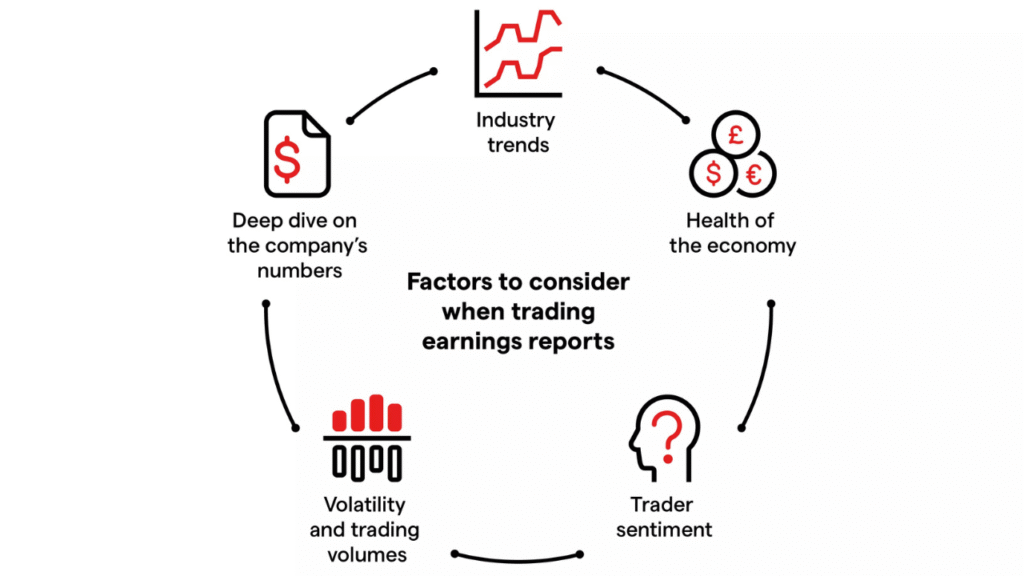For Americans approaching retirement, understanding how income impacts Social Security benefits is crucial. If you are earning $45,000 in 2025 and plan to retire mid-year in May, you may be surprised to find that your Social Security benefits are temporarily suspended. This suspension is not an error it is due to how the Social Security Administration (SSA) applies the Retirement Earnings Test. Here’s what you need to know, broken down in simple terms.
How the Retirement Earnings Test Works
The Retirement Earnings Test (RET) applies to individuals who:
- Are under Full Retirement Age (FRA) and
- Start receiving Social Security retirement benefits while still working and earning above a set limit.
In 2025, the earnings limit for people younger than full retirement age is $22,320. If your earnings exceed this threshold, the SSA may withhold a portion or even all of your monthly benefits until you either reduce your earnings or reach FRA.
If you plan to retire in May but your annual income for the year is $45,000, your benefit may be suspended until you stop working or reduce your income.
How Much Is Withheld?
If you are under FRA and earn more than the annual earnings limit, $1 in benefits is withheld for every $2 earned above the limit.
Example:
- You expect to earn $45,000 in 2025.
- The earnings limit is $22,320.
- You are $22,680 over the limit ($45,000 – $22,320).
- SSA will withhold $11,340 in benefits ($1 for every $2 over the limit).
Depending on your monthly Social Security benefit amount, this may mean several months or even the entire year’s worth of benefits will be withheld.
What Happens If You Retire Mid-Year?
When you retire mid-year, the SSA applies a special rule known as the “first-year rule.”
This rule allows the SSA to evaluate your earnings month by month instead of over the entire year. It’s particularly helpful in cases like yours—retiring in May—because your income may exceed the annual earnings limit but be within monthly limits after retirement.
The Monthly Limit
In 2025, the monthly earnings limit is $1,860. If, starting in June, you earn less than this amount each month, you may begin receiving your Social Security benefits then even though your total yearly income is still above the annual limit.
In your case:
- If you stop working in May and do not earn more than $1,860 in any month from June to December, your benefits can start in June.
- However, benefits from January through May may still be withheld due to earnings over the limit.
When Will My Benefits Begin?
Based on the scenario where you:
- Earn $45,000 in 2025,
- Retire in May, and
- Stop earning income starting in June,
your Social Security benefits are likely suspended from January through May. Assuming you earn less than $1,860/month from June onward, your benefits will begin in June.
If you continue earning above the monthly limit even after retirement, the suspension may continue until your earnings fall below that threshold or until you reach your Full Retirement Age.
What If I Reach Full Retirement Age Later This Year?
If you will reach your Full Retirement Age (FRA) in 2025, different rules apply. In the year you reach FRA, a higher earnings limit is used: $59,520 for 2025. Additionally, only earnings before the month you reach FRA are counted. In this case, $1 in benefits is withheld for every $3 earned over the limit.
If your $45,000 income is all earned before reaching FRA, you may not face any suspension of benefits if the total stays under the higher threshold.
Will I Get the Withheld Benefits Back?
Yes, you don’t lose withheld benefits permanently.
Once you reach Full Retirement Age, the SSA will recalculate your monthly benefit and increase it to account for any months in which benefits were withheld due to excess earnings. This is known as a benefit adjustment.
For example:
- If 5 months of benefits were withheld in 2025,
- SSA will recalculate your benefit at FRA as though you claimed it 5 months later than you actually did.
So while you temporarily lose access to the payments, you’ll recoup the value in the form of higher monthly checks in the future.
How to Report Earnings and Avoid Surprises

To prevent unexpected suspensions or overpayments, report your earnings to SSA as soon as possible. If your situation changes mid-year (e.g., you retire or change your work schedule), you should update the SSA so your benefits can be adjusted appropriately.
You can do this by:
- Creating a my Social Security account on the SSA’s website
- Calling SSA at 1-800-772-1213
- Visiting your local Social Security office
The SSA may ask for documents such as pay stubs or a statement from your employer to verify your income.
Bottom Line
If you’re earning $45,000 in 2025 and retiring in May, your Social Security benefits are likely suspended temporarily because your income exceeds the RET limit. However, under the first-year rule, if you stop working in May and don’t exceed the monthly income limit afterward, your benefits can start as early as June.
Don’t panic if your payments are withheld this is a common scenario for many new retirees, and any withheld benefits will be credited back to you once you reach full retirement age. Being proactive in reporting your retirement date and earnings to the SSA can help you avoid confusion and ensure smoother processing of your benefits.
4o




